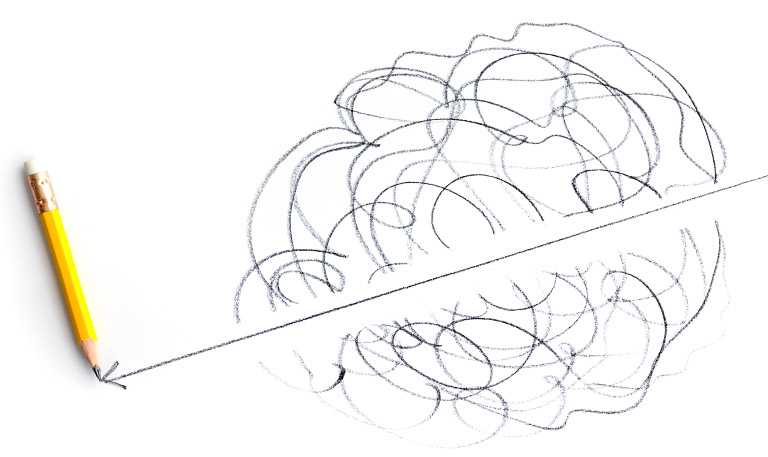For the longest time, whenever I heard people talking about having a hack for something, I really didn’t understand what they meant. Although I know the meaning of the word, I have since learned that a life hack is often connected to an everyday task such as cleaning where the virtues of white vinegar are exalted and where no household should be without mass quantities of this miracle product. In my search for helpful hacks, I was amazed to discover that I could organize cables with paper clips, use duct tape to open tough lids, and separate egg yolks with a plastic water bottle.
When I realized that a hack essentially is a simple and clever trick or technique for accomplishing some familiar tasks more easily, efficiently, and perhaps more cost effectively, my perception changed. And I wondered if the same principle could be used to construct a clever mental or emotional trick whenever I need an extra dose of courage, wisdom, or healing.
It occurred to me that such an approach could be as uncomplicated as gaining insight by reflecting on a story or experience, recalling a favorite quote, playing special music, meditating, or engaging in something physical. For me stories, especially a family narrative, evoke helpful messages.
When I think of courage, I recall my maternal grandfather’s story. As a young carpenter growing up in a small farming community, finding work was difficult. Learning that there were jobs available in St. Louis, he rode there from Indiana on his bicycle in search of employment. When I reflect on how courageous he must have been to undertake such a journey, his experience makes me realize that I can find courage without riding a bicycle long distance.
Given the remnants of the pandemic and society’s upheaval, I often find myself wishing for some way to experience a sense of healing. When I interviewed Lisa, an ICU nurse who frequently cared for patients at the end-of-life, I learned that she coped with loss by using her art skills to draw a picture representing the death of a patient. I am especially moved by her painting of a colorful butterfly transformed from an ordinary caterpillar.
My friend Sue was helping a young boy with his speech. He loved to draw and frequently gave her a painting when he came to a session. When his medical condition deteriorated and he was hospitalized, she found it difficult to visit him. When she finally went to the hospital, it was too late. His framed watercolor still hangs in her office as a reminder not to put off doing something important, even though it may be uncomfortable.
So, which is more useful, a hack or a mental trick? You decide. Maybe it’s both.
Linda Henry writes regularly on topics related to aging, health care, and communication, and is the co-author of several books, including Transformational Eldercare from the Inside Out: Strengths-Based Strategies for Caring. She conducts workshops nationally on aging and creating caring work environments. Her volunteer emphasis is age-friendly communities.


